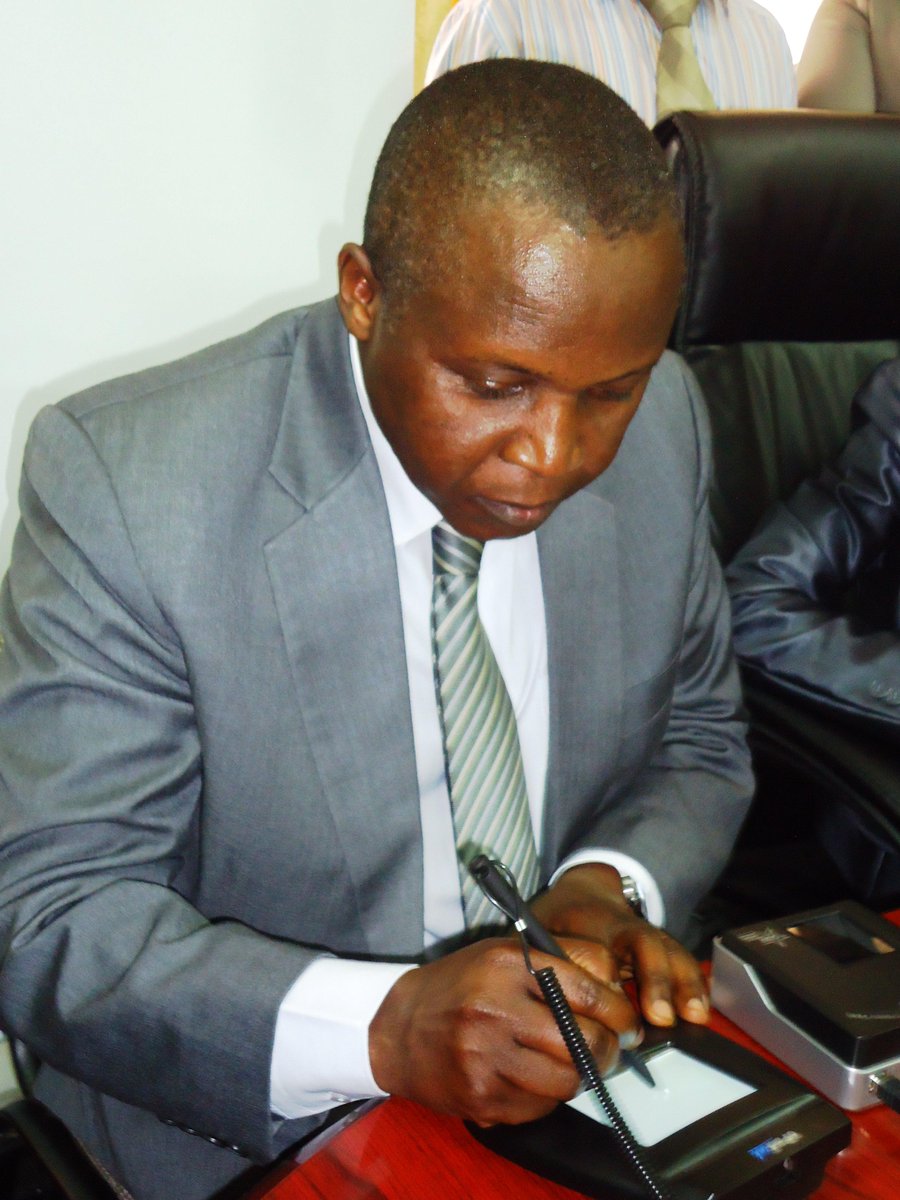By Edwin Githinji
E-mail: eddy.githinji022@gmail.com
23/11/2020
Kenya recognizes the urgent need for the protection of water sources, resources and the implementation of alternative production of aquatic proteins.
Kenya’s Principal Secretary State Department for Fisheries, Aquaculture and the Blue economies, Prof. Japhet Micheni Ntiba, made the statement in commemoration of World Fisheries Day.
On the 20th day of November each year, the world comes together to encourage people to take good care of all the water sources, not only for the key role it plays for survival and transportation but also as the main source of aquatic proteins.
Regardless of whether it is contained in rivers, lakes, and or oceans water forms a continuum which is celebrated on this day, while at the same time avowing the critical importance of water and the lives it sustains within and without.
Following a recommendation from the Food and Agriculture Organisaiton (FAO), the commemoration of this year theme was- voices from the sea.
Prof. Ntiba noted that according to a recent study by the United Nations “more than two-thirds of the world’s fisheries have been overfished or are fully harvested, and more than one third are in a state of decline due to factors such as loss of essential fish habitats, pollution, and global warming.”
Facts from the study insinuate that the greatest threat facing aquatic life is the proximity of human settlements to most fish habitats. Pollution from the domestic and industrial activities carried out nearby causes an immediate depletion of fish, requiring fishermen to fish farther away from the traditional grounds, resulting in overfishing.
Considering the available market demand, it is evident that there is a supply deficit, he said. He added that the gap, encourages overfishing and the use of unsustainable fishing methods, in pursuit to provide enough for the huge market.
“Unless we address these issues collectively,” Proff. Japhet notes, “the crisis will inevitably deepen. We should therefore come together to find solutions for the interconnected problems we are facing, and in the longer term to sustainable means of maintaining the fish stocks,” he said.
Fortunately, there is a shining ray of hope for this industry, as this decline has invigorated motivation among the farmers to embrace aquaculture, in order to bridge the gap for fish demand, he said.
Other organizations have joined hands with the farmers and launched aquaculture intervention programs such as ABDP which as a double-edged sword has two aims; reduced poverty and increased food security and nutrition in rural communities, with a corresponding Programme Development Objective (PDO), of increasing the basic incomes, food security and nutritional status of the wider communities of poor rural households involved in aquaculture.
“On this commemoration day, my appeal to everyone is to eat for health and wealth and observe dietary diversity, as well as taking care of the environment; the seas, dams, rivers, as these are important habitats for fish and aquatic organisms,” appealed Prof. Ntiba

Principal Secretary State Department for Fisheries, Aquaculture and the Blue economies, Prof. Japhet Micheni Ntiba
End
